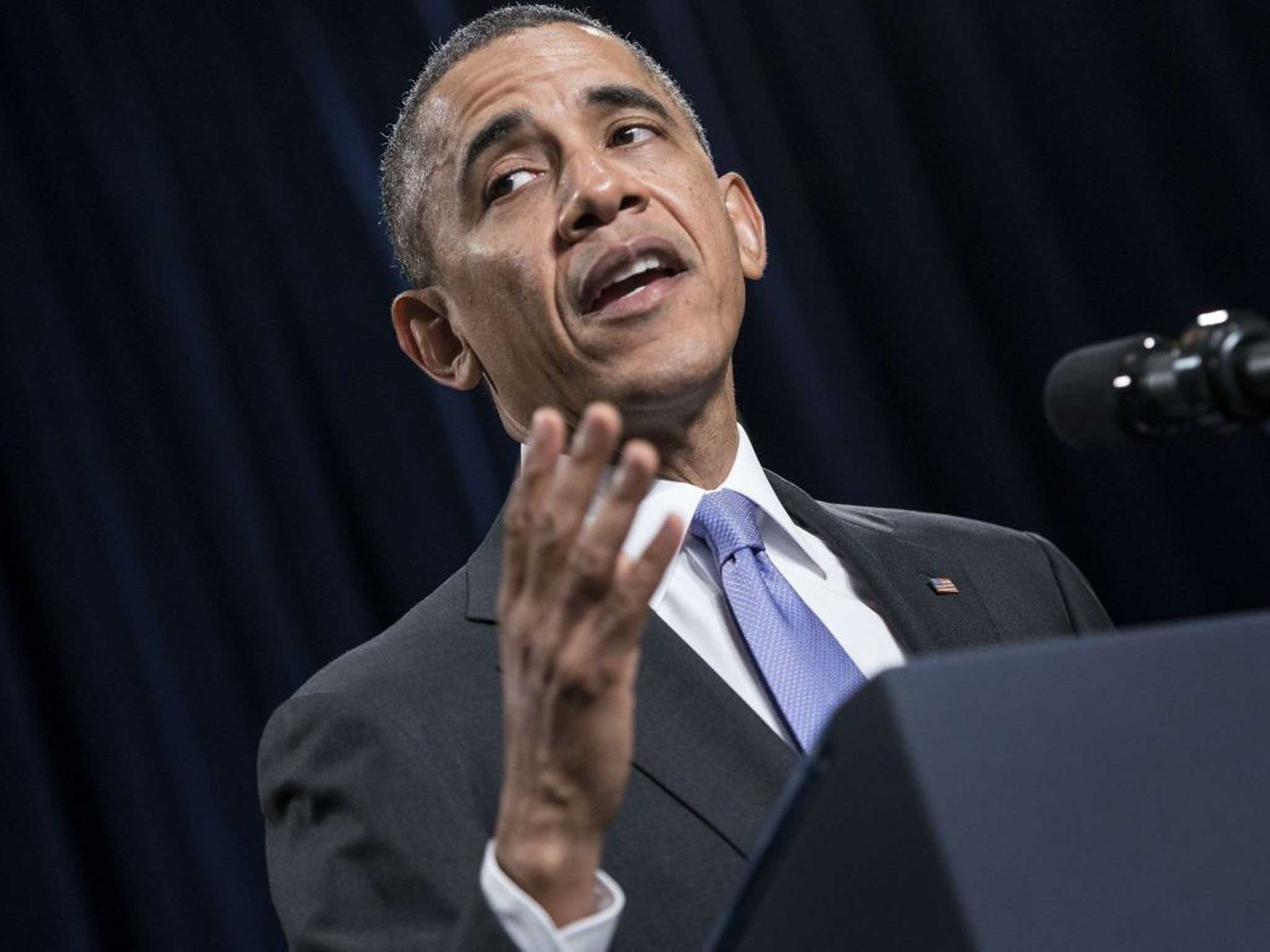Hi, I'm the ambassador for... what's it called? Some nominees have never even visited their new country
President Obama's latest diplomatic crop are less than ripe

Your support helps us to tell the story
From reproductive rights to climate change to Big Tech, The Independent is on the ground when the story is developing. Whether it's investigating the financials of Elon Musk's pro-Trump PAC or producing our latest documentary, 'The A Word', which shines a light on the American women fighting for reproductive rights, we know how important it is to parse out the facts from the messaging.
At such a critical moment in US history, we need reporters on the ground. Your donation allows us to keep sending journalists to speak to both sides of the story.
The Independent is trusted by Americans across the entire political spectrum. And unlike many other quality news outlets, we choose not to lock Americans out of our reporting and analysis with paywalls. We believe quality journalism should be available to everyone, paid for by those who can afford it.
Your support makes all the difference.The debate over whether presidents should reward political donors and allies by making them ambassadors has flared again after a string of gaffes by President Obama's choices.
Their stumbles have highlighted the perils of rewarding funding and friendship with prestigious overseas assignments. The cases also show how a President who once infuriated donors by denying them perks has fallen into line with his predecessors.
"Being a donor to the President's campaign does not guarantee you a job in the administration, but it does not prevent you from getting one," White House press secretary Jay Carney said last week.
For decades, presidents have generally followed a "70-30" rule for such appointments, nominating career foreign service officers for roughly 70 per cent of US missions abroad and reserving the rest for political allies. Political appointees account for 37 per cent of the ambassadorships filled so far during Mr Obama's tenure, according to the American Foreign Service Association (AFSA). The rate for his second term so far is 53 per cent.
Ronald Reagan and Gerald Ford put political supporters in about 38 per cent of their ambassador jobs. At the other end, Bill Clinton and Jimmy Carter had about 27 per cent. George W Bush and his father George Bush Snr were at 30 and 31 per cent, respectively.
Obama administration officials say the number has been inflated by a surge of second-term openings in posts typically given to non-diplomats. However, it is a notable turnaround from Mr Obama's first year in office, when he gave only about 10 per cent of ambassadorships to political donors.
Senator John McCain, who ran against Mr Obama in the 2008 election, said that several of the recent nominees were "truly alarming". "When you put someone in an ambassador's position who hasn't even been to the country, you are rolling the dice," he said.
The nominee for ambassador to Norway prompted outrage in Oslo by characterising one of the nation's ruling parties as extremist. A prominent Obama fundraiser, nominated to be ambassador to Argentina, acknowledged that he had never set foot in the country. David Wade, chief of staff for Secretary of State John Kerry, said: "It's a strength not a stigma that an ambassador spent decades running a corporation or serving as a governor or senator. The question is the individual, not where they come from."
Recent ambassadorships have been handed to former White House and campaign aides, including Patrick Gaspard in South Africa, Rufus Gifford in Denmark and Mark Childress in Tanzania. President Obama has also nominated former deputy White House counsel Cassandra Butts to serve as chief of mission in the Bahamas.
As in past administrations, some of the non-diplomats have run into trouble. During Mr Obama's first term, political appointees in Malta, Luxembourg, Kenya and the Bahamas all resigned after management problems were exposed.
"I'm amazed at how the State Department let those people go up so unprepared," said Tom Korologos, who served as US ambassador to Belgium under George W Bush. "When I went up for confirmation as ambassador to Belgium, I knew more about Belgium than the Belgians did."
All nominees go through what is informally known as "ambassador school" and learn about the country for which they have been selected.
But there is no specific requirement that ambassadorial nominees have visited the country.
The AFSA, which represents career officers, plans to issue guidelines laying out basic qualifications.
© Washington Post
Join our commenting forum
Join thought-provoking conversations, follow other Independent readers and see their replies
Comments